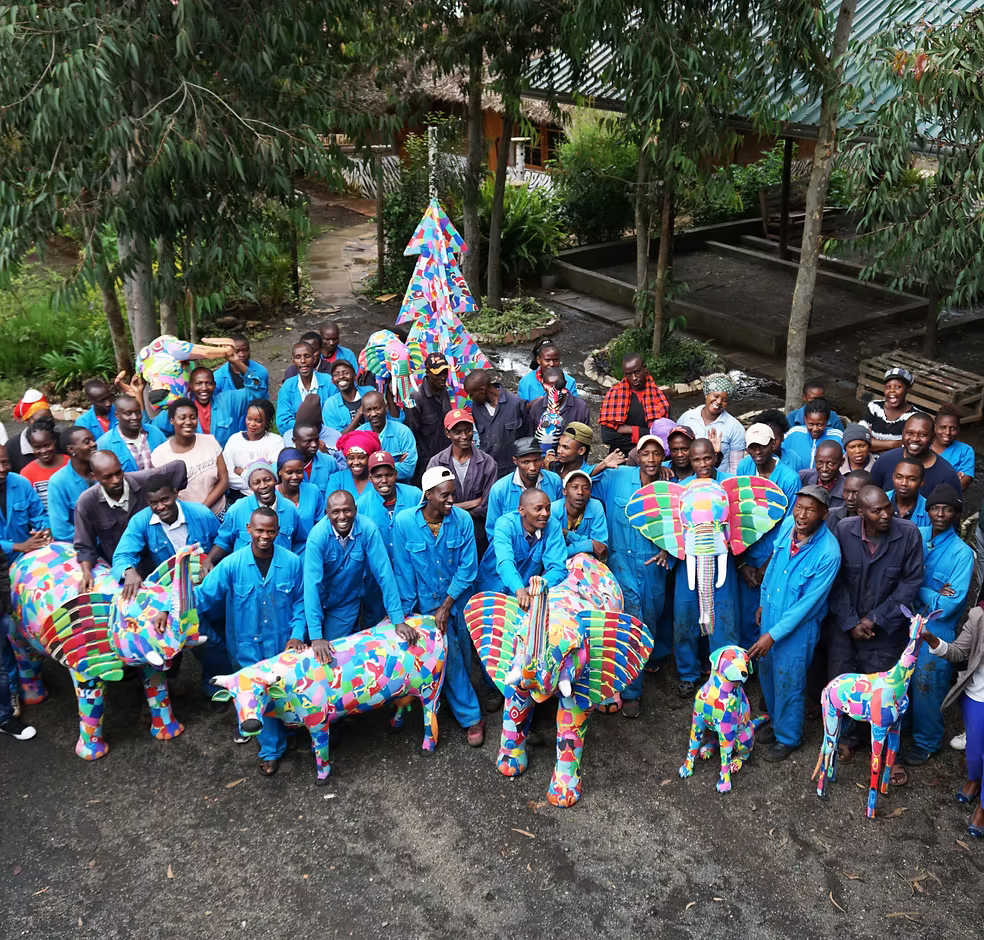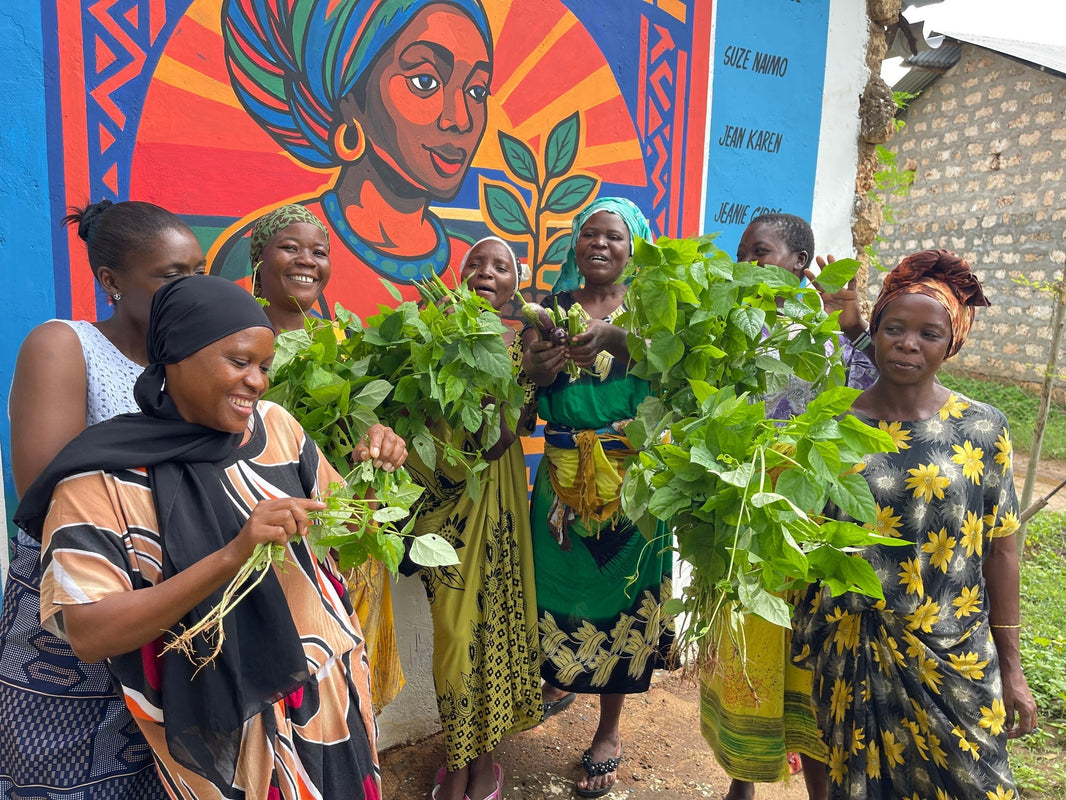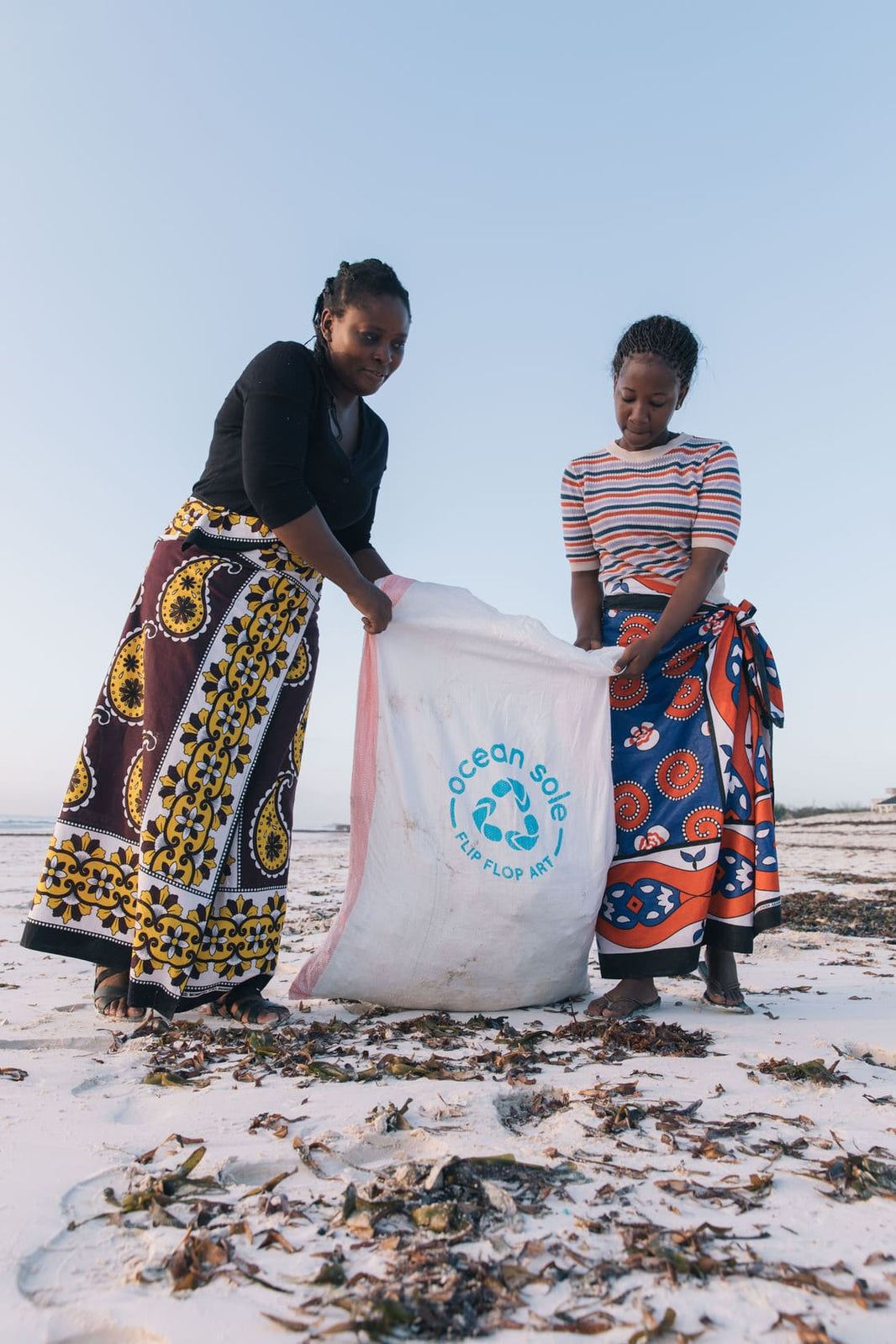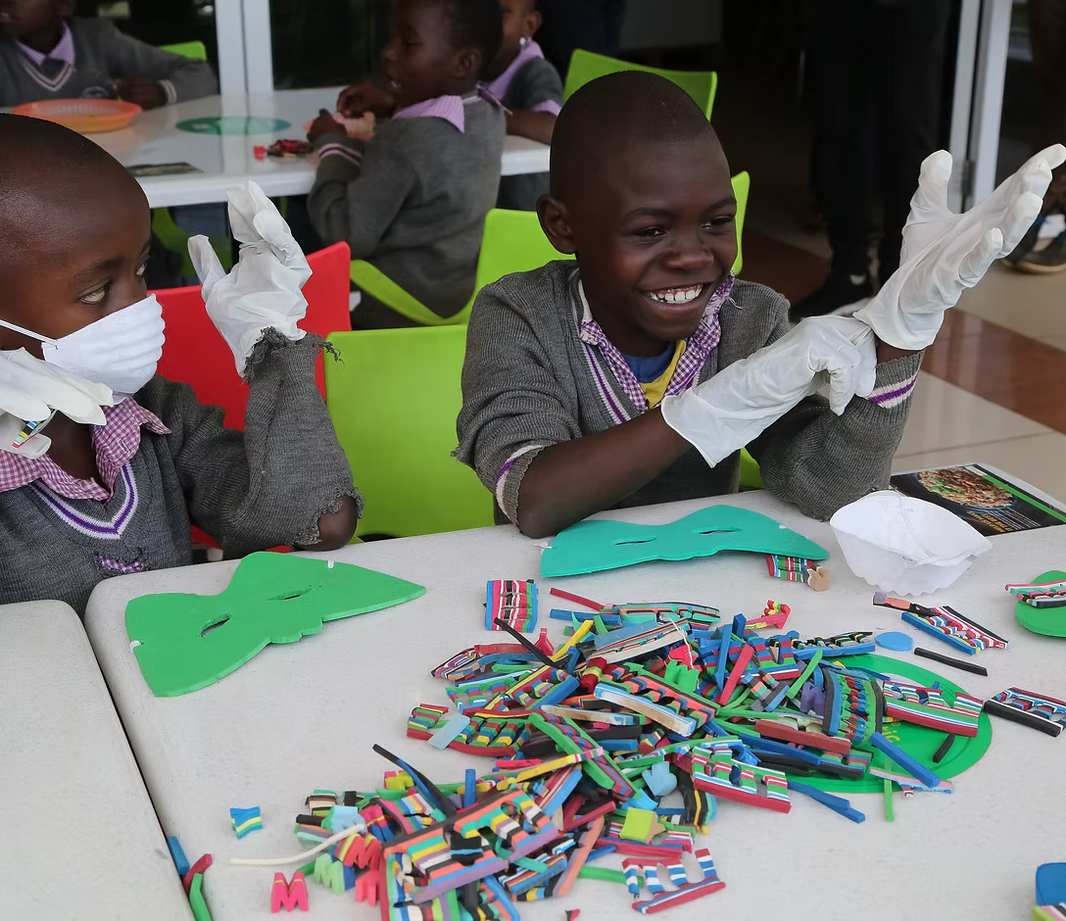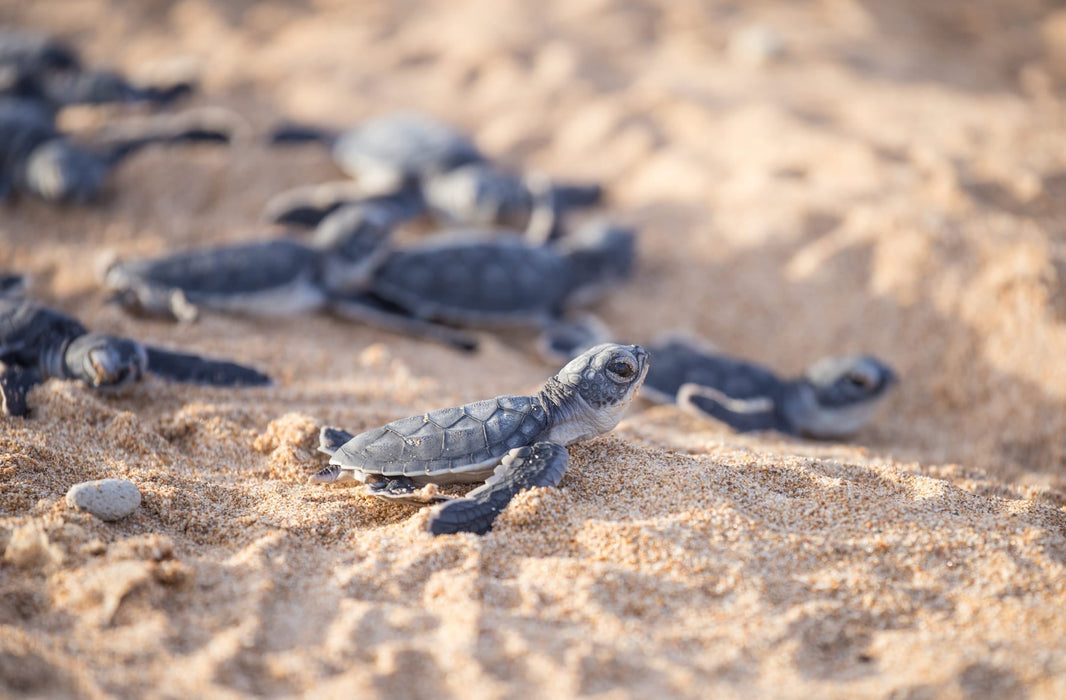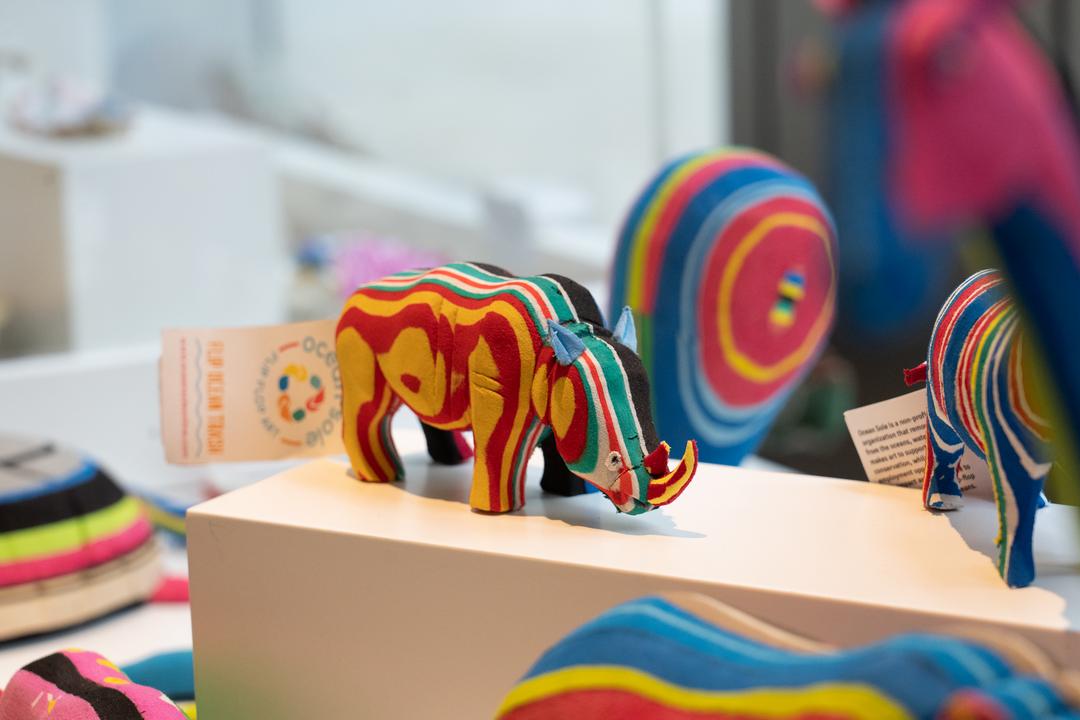From poaching to deforestation, consumption, pollution, and overpopulation, humans are causing an enormous amount of damage to the natural world. Some experts even believe we are currently going through a “Sixth Extinction” as the loss of biodiversity equates to about 10,000 species per year. Now more than ever, it is up to us to take a stand against industries that partake in activities that are destroying our environment and threatening biodiversity. Besides being an ethical obligation we as humans should not take lightly, protecting wildlife species means preserving the delicate balance of many ecosystems.
1. Protects the Environment
When one species is dying out because their habitat has been destroyed or they are being over-hunted, it sets off a chain reaction that causes other species to overpopulate and deplete important resources in nature. Every species has a job to do on Earth and eliminating one of these means upsetting the equilibrium, which can lead to an excess of problems. It is not only the animals that are affected, but also plants, many of which cleanse the atmosphere of harmful greenhouse gases like carbon dioxide. Protecting the environment means protecting biodiversity, and vice versa.
2. Provides Food Security
As most humans are omnivores, our diets consist of a mixture of plants and animals. When the ecosystem is altered by the depopulation of a species, the effects will ripple through the food chain, killing off other animals and plants we count on for food. The more biodiversity we are able to protect, the better our sources of food and our chances of survival as a species.
3. Medicinal Benefits
Similar to the last point, we use a lot of plant-based and some animal-based products for medicinal purposes, both in homeopathic methods as well as in more mainstream medicines. For example, aspirin comes from willow bark while morphine comes from a poppy. You also have the coffee plant to thank for your morning dose of caffeine and the aloe plant for soothing your burns after a long day in the sun. The bottom line is, destroying plant and animal species means putting our health at risk.
4. Sustains Culture
There are a lot of ways that plants and animals are intertwined with culture, heritage, and religion. For indigeneous peoples, interacting with the land in their cultural and religious practices is a way of life that must be preserved. Activities like going on safari, visiting zoos, and whale watching are other activities that many of us have likely done at some point. Engaging with wildlife, even from afar is an incredibly enriching experience that is fun, stress-relieving, and beautiful. Without biodiversity, we would feel a tremendous loss of cultural experiences.
5. Boosts the Economy
Wildlife excursions are critical to the tourism industry all over the world. From swimming with dolphins in Mexico to viewing elephants in their natural habitat in Africa, exotic animals are a huge attraction that stimulate the economy in local communities. In addition, a lot of jobs revolve around the care and protection of these creatures, so if they were to go extinct, it would mean many terrible consequences, including that people would lose their jobs and the economy would suffer.
6. Educational Merits
Finally, there are numerous educational benefits of biodiversity. Children learn from a very young age about animals and get excited to see some of their favorite animals in person. Seeing giraffes in a picture book is simply not the same as seeing them on safari, right? Scientists also continuously learn from wildlife as they research and make discoveries that can lead to breakthroughs in healthcare, agriculture, climate change and more.
How Can I Help?
There are so many ways to help preserve our precious biodiversity, even from your hometown. From volunteering to do a local beach cleanup, to purchasing goods like an ocean ring that fund animal conservation groups, you can find ways to get involved. It’s critical that we all do our small part to protect the plants and animals that we rely on.



